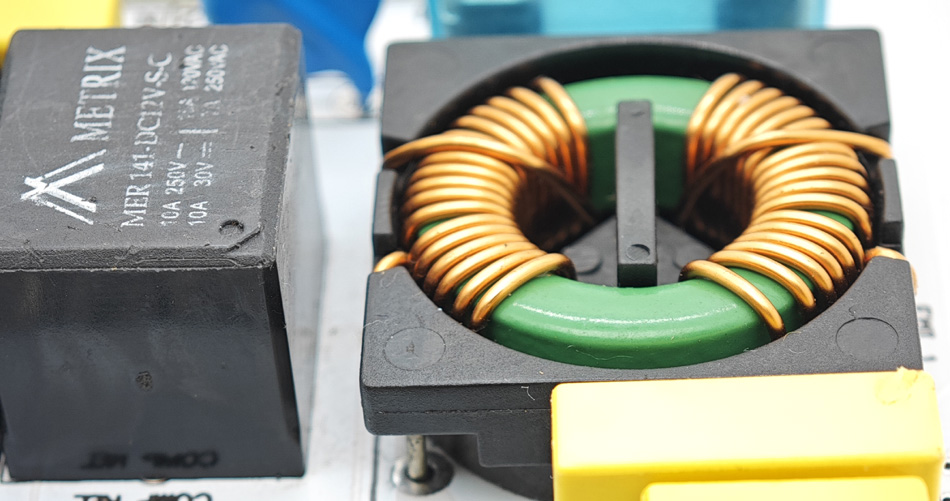- English
- Español
- Português
- русский
- Français
- 日本語
- Deutsch
- tiếng Việt
- Italiano
- Nederlands
- ภาษาไทย
- Polski
- 한국어
- Svenska
- magyar
- Malay
- বাংলা ভাষার
- Dansk
- Suomi
- हिन्दी
- Pilipino
- Türkçe
- Gaeilge
- العربية
- Indonesia
- Norsk
- تمل
- český
- ελληνικά
- український
- Javanese
- فارسی
- தமிழ்
- తెలుగు
- नेपाली
- Burmese
- български
- ລາວ
- Latine
- Қазақша
- Euskal
- Azərbaycan
- Slovenský jazyk
- Македонски
- Lietuvos
- Eesti Keel
- Română
- Slovenski
- मराठी
- Srpski језик
Precision injection molding and molding technology in PCBA manufacturing
In PCBA manufacturing, precision injection molding and molding technology are key processes used to manufacture housings, enclosures or support structures. These enclosures and structures are often used to protect electronic components, connectors, cables, and other components to ensure the reliability and safety of PCBAs. Here is some important information about precision injection molding and molding technology:

1. Material selection:
Choosing the right material is critical to the injection molding and molding process. Commonly used materials include plastics (such as polypropylene, polycarbonate, polyimide, etc.), rubber, silicone, etc. Material selection should be based on application requirements such as heat resistance, corrosion resistance, mechanical strength, and electrical insulation.
2. Mold design:
Mold designs for manufacturing precision injection molded and formed parts must be precise and take into account the geometry, dimensions and special requirements of the part to be produced. Molds usually include injection molds and compression molds.
3. Injection molding process:
Injection molding is the process of injecting heated plastic material into a mold to form the desired part or housing for the PCBA. The precision injection molding process requires strict control of temperature, pressure and injection time to ensure the quality and accuracy of parts.
4. Molding process:
Molding is often used to create housings, support structures, or other specially shaped parts. Forming can be different processes such as thermoforming, cold forming, compression molding, etc., depending on the material and requirements.
5. Surface treatment:
After injection molding and molding are completed, surface treatment such as polishing, painting, silk screen printing or coating may be required to meet aesthetic and protective requirements.
6. Quality control:
Precision injection molding and molding processes require strict quality control, including checking the size, appearance, integrity and material properties of parts to ensure they meet specifications and requirements to fit the PCBA.
7. Automation:
For large-scale production, automation technology can improve production efficiency and consistency. Automation includes automatic loading and unloading of molds, automated injection molding machines and molding machines, automatic quality inspection systems, etc.
8. Environment and sustainability:
Considering environmental sustainability is an important factor in modern manufacturing. Choosing recyclable or biodegradable materials, optimizing processes to reduce waste, and reducing energy consumption are all sustainability considerations.
In summary, precision injection molding and molding technologies play an important role in PCBA manufacturing. They can provide housings, support structures, and protection for electronic products while ensuring the quality, reliability, and performance of parts. Proper material selection, mold design and process control are keys to a successful injection molding and molding process.
Send Inquiry
-
Delivery Service






-
Payment Options









